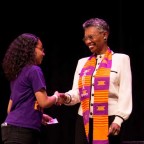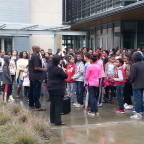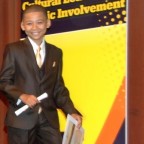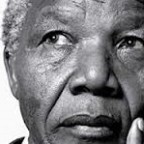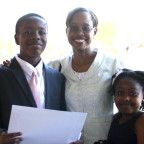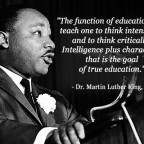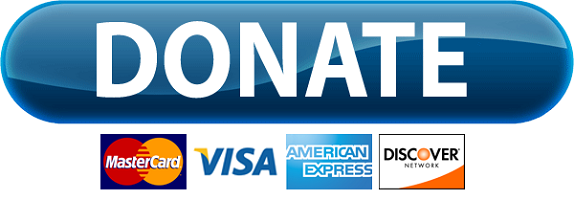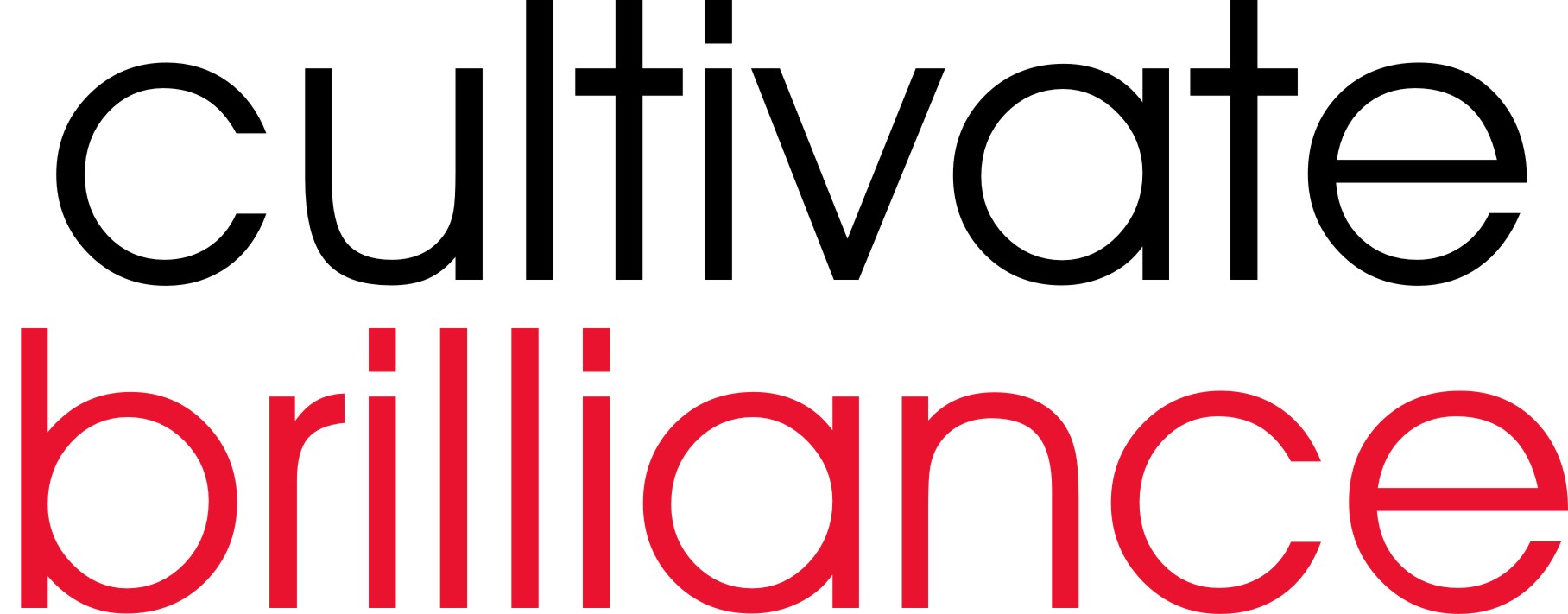News & Resources
The African American Student Achievement and Excellence Awards were created to encourage African American students and their families to strive and achieve.
The 21st Annual African American Student Achievement and Excellence Awards will return to Chabot College Sunday May 18th, 2025. Read more
This year, we embrace the spirit of Habari Gani – sharing the good news. This event will provide a platform for sharing best practices, celebrating achievements, and fostering a deeper commitment to supporting Black students' academic and personal success.
Join the African American Regional Educational Alliances for another Summit of action-driven problem-solving, as we come together over crucial challenges. Read more
The African American Student Achievement and Excellence Awards were created to encourage African American students and their families to strive and achieve.
The 21st Annual African American Student Achievement and Excellence Awards will return to Chabot College Sunday May 18th, 2025. Read more
This year, we embrace the spirit of Habari Gani – sharing the good news. This event will provide a platform for sharing best practices, celebrating achievements, and fostering a deeper commitment to supporting Black students' academic and personal success.
Join the African American Regional Educational Alliances for another Summit of action-driven problem-solving, as we come together over crucial challenges. Read more
According to Ed Trust in the "State of Education for African American Students":
- Only about one-third African American students are likely to be proficient or advanced in reading and math
- Only 1 in 20 African American graduates meet all four college-readiness benchmarks
AAREA is launching the STEM Strategies to Empower and Prepare Students for Success Project (STEM STEPS for Success), a pilot project aimed at addressing these alarming statistics as well as enhancing the STEM success and college eligibility rates of African American students in Alameda County. Read more
Journal Articles and Research Papers
Davis, James Earl. “Early Schooling and Academic Achievement of African American Males,” Urban Education, Vol. 38 No. 5 (2003): 515-534. DOI: 10.1177/0042085903256220. Available from the CSU Professional Development Institute of Urban Education website: http://www.csuprofessionaldevelopment.com/images/pdfs/EarlySchoolingAndAcademicAchievementOfAfricanAmericanMales.pdf
Published research from a variety of sources grounds the article in the most useful and reliable data that substantiates the achievement gap between African American males and their school peers, as well as providing direction to addressing lagging educational achievement.
Cooper, Robert, and Will J. Jordan. “Cultural Issues in Comprehensive School Reform,” Urban Education, Vol. 38 No. 4, July 2003 380-397. DOI: 10.1177/0042085903254967. Available from the CSU Professional Development Institute of Urban Education website: http://www.csuprofessionaldevelopment.com/images/pdfs/CulturalIssuesInComprehensiveSchoolReform.pdf
This article’s primary interest is an exploration of the complexities of educational and social conditions encountered by African American males in public schools. It focuses on the ability and effectiveness of comprehensive school reform to overcome the barriers to learning that hinder the urban Black male student, such as concentrated poverty, drug use, and violence.
Wimberley, George L. “School Relationships Foster Success for African American Students,” ACT Policy Report, 2003. Available from the ACT website: http://www.act.org/research/policymakers/pdf/school_relation.pdf
This study uses data from the National Educational Longitudinal Study and reflects ACT’s interest in analyzing the critical issues affecting the preparation and diversity of the postsecondary applicant pool. It offers recommendations that policy makers, educators, and others can use to enhance the transition from high school to postsecondary education.
Milton Williams, Toni, Kim D. Pemberton, and Cherrel Miller Dyce. “Engagement without Judgment: Building Effective School, Family, and Community Partnerships for African American Learners: A Primer for Teachers and Administrators,” African American Learners Volume 1, Issue 2 (2012) Available from the ISAAC website at https://isaac.wayne.edu/research/journal/article.php?newsletter=133&article=1899
The authors make the case for teachers and administrators to understand how to build effective engagements with African American families and communities without prejudging the socio-cultural practices, mores, experiences, daily realities, and historical memory of this community. They provide culturally sensitive, responsive, and community-appropriate strategies for teachers and administrators to more effectively engage African American families and communities for the betterment of African American learners.
Useful Websites
African American Parent Community Coalition for Educational Equity, Inc. (http://www.aapccee.org/home.htm)
This is a parent-driven and parent-led organization whose goal is to equip parents with the knowledge and skills to become proactive advocates of their children by ensuring their academic success, college preparation, quality teachers, equitable resources and graduation support with multiple options.
Black Organizations and Organizations Serving the Black Community (http://www.tnj.com/lists-resources/black-organizations-and-organizations-serving-black-communities)
The Network Journal lists resources of all kinds on this page: business groups, charities, museums, churches, professional organizations, and political groups.
League of Black Parents (http://blackstarproject.org/action/index.php?option=com_content&view=article&id=3&Itemid=12)
The Black Star Project’s League of Black Parents is based in Chicago but open to “parents, educators, clergy, community members’ and students of all races, ethnicities and faith backgrounds” in other cities as well. The basis of the League is the belief that Black parents are responsible for the well-being of Black children and must take action to guarantee them a successful education.
The History behind Black History Month (http://www.tolerance.org/article/history-behind-black-history-month)
This article on the Teaching Tolerance website introduces African American scholar Carter G. Woodson, the founder of Black History Month, which began as Negro History Week.
The College Bound Brotherhood (http://www.collegeboundbros.org/)
This website provides resources for African American males and their families, including a searchable directory available to youth, parents, and educators interested in locating college readiness programs for their young men in the Bay Area.
Choose College Educational Foundation® (http://www.choosecollege4life.com/)
This website provides college-going information and resources for educators, parents, and students. The foundation also provides special outreach and services to underrepresented populations and communities.
Black Star Project (http://blackstarproject.org/action/)
Founded in 1996 by Phillip Jackson, The Black Star Project is committed to improving the quality of life in Black and Latino communities of Chicago and nationwide by eliminating the racial academic achievement gap. The website provides important information on initiatives, programs, laws, and events affecting the Black community all over the United States. Learn what you can do to support the movement and make a difference.
The Black Family Network (http://www.blackfamilynet.net)
The Black Family Network promotes opportunities for the Black Community to take a leadership role in developing and teaching African American children and professionals about the work of technology. It focuses on closing the digital divide to make an impact in the future of Black families and communities. Register to post your own event.
National Center on African American Marriages and Parenting (http://www.hamptonu.edu/ncaamp/)
The National Center on African American Marriages and Parenting is committed to transforming marriages, empowering parents and strengthening families in African American and other communities. Visit the website to find information, resources and support on raising strong, healthy families.
Black History.com (http://www.blackhistory.com/)
This site is the largest online encyclopedia and social network dedicated to Black history and culture. Users can browse the collection of profiles of famous African Americans, read about events in history and significant places, or search the directory of organizations, as well as joining groups, reading blogs, and watching videos.




